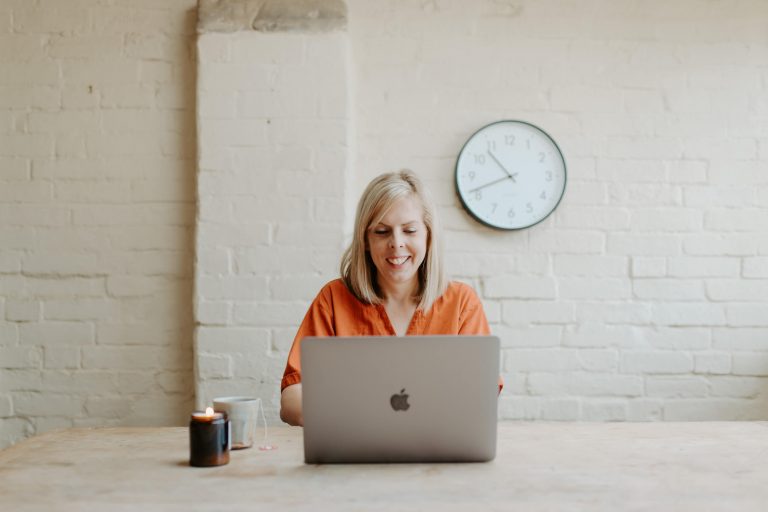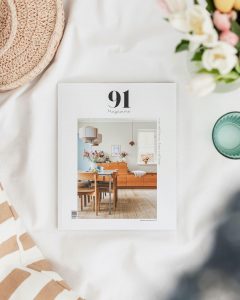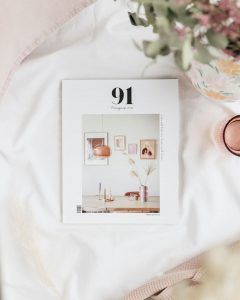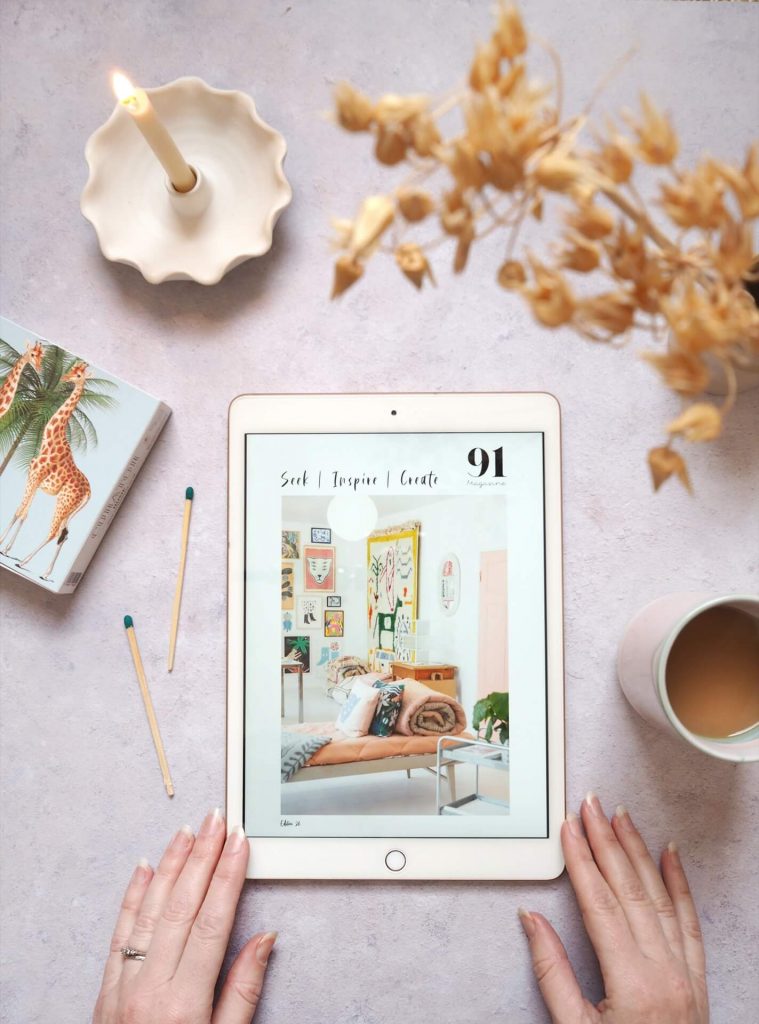It’s been so inspiring to see the advent of female-owned businesses that were born or blossomed following the pandemic. When our lives turned upside down, many of us realised that we wanted to work differently, whether that meant starting a business from scratch or transforming our existing business structures into something new. For so many of us, the isolation we felt during the peak of lockdowns drove us to seek out community wherever we could find it, even bringing it into the heart of our work.
We’ve spoken with a handful of female founders who have found ways to integrate connection and community into their businesses. For some, that’s meant creating opportunities for women founders to connect in person; for others, they’ve built digital communities and found various ways to make connections central to their work. We hope you enjoy hearing about a refreshing take on the world of business.

Why women are building communities instead of chasing sales
Female founder coach Lucienne of Lucienne Coaching shared why she encourages her clients to think about building a community instead of chasing sales. “In a world so entrenched in patriarchal systems, digging it up would take an eternity. Women understand that instead of carving up the world – we need to find common roots and grow together. For once – women have their own wealth. This wealth is being spent by those women on (mostly) other women. And this is a BRAND NEW phenomenon. A new eco-system is emerging – one in which women are playing a fundamental role which is not only to produce babies, but to help forge the environment in which their children will grow.”
How women are creating businesses that bring community to others
There has been an increase in the number of collectives, group memberships, and business communities over the last few years, and we think it’s no accident. For potential members, the appeal is strong: we spent many months apart and lots of us are now seeking spaces of like-minded folk who share something in common with us. For founders, a one-to-many model might suit their energy levels or lifestyle, create regular income to support their work, or be a new way to serve a loyal audience begging for more.
Aime, founder of Studio Cotton, started the Studio Cotton Clubhouse membership after realising she could serve her audience better through a group model. Based on Slack, the community describes itself as an “ultra-simple mini-membership,” where Aime hosts a monthly Q&A and members are encouraged to share their business challenges and wins with the group.
“I owe so much of my small business’ success to my community network – those best mates I made at events I attended in the early years of Studio Cotton,” says Aime. “I wanted to create the opportunity for others to do the same, especially as those IRL events haven’t really come back post-pandemic. It also helped me set a clear boundary for sharing all the helpful small business & website advice I’m known for. Fancy a how-to or some industry insight? Head to our blog or Instagram. Want input on a challenge specific to your business? Join the Studio Cotton Clubhouse.”
Member Amy Collins of Rock Paper Swan is already a firm fan: “I’m able to get expert answers to my DIY-website questions, as well as tips and insights I didn’t even know I needed! This membership has already saved me loads of time and effort.”

The rise of in-person co-working
Some of us want community to be a part of our day-to-day lives, and co-working is an amazing way to achieve this. Stacey Sheppard, founder of The Tribe, began her all-female co-working space to meet the needs of her local community of female entrepreneurs. “I re-evaluated my career as I had started to find it quite lonely working from home. I found other women felt the same. I had also experienced the power of having a group of women to cheer you on, support you on your business journey and to remind you what you are capable of. I knew this was powerful, so I decided to open a co-working space for female entrepreneurs in rural Devon.”
The community is thriving, and Stacey believes much of its success lies in its ability to meet the five needs identified by NatWest’s publishing of the government-commissioned Rose Review. The review identified five key areas where female entrepreneurs were most challenged, and Stacey’s mission is to overcome three of those, by creating a space where women can support and collaborate with each other. “I feel that the challenges of greater risk awareness, perceived missing skills and experience, and lack of relatable sponsorship, mentorship, and role models can be overcome through networking, peer support, and group coaching that we can do for ourselves when we come together in community.”
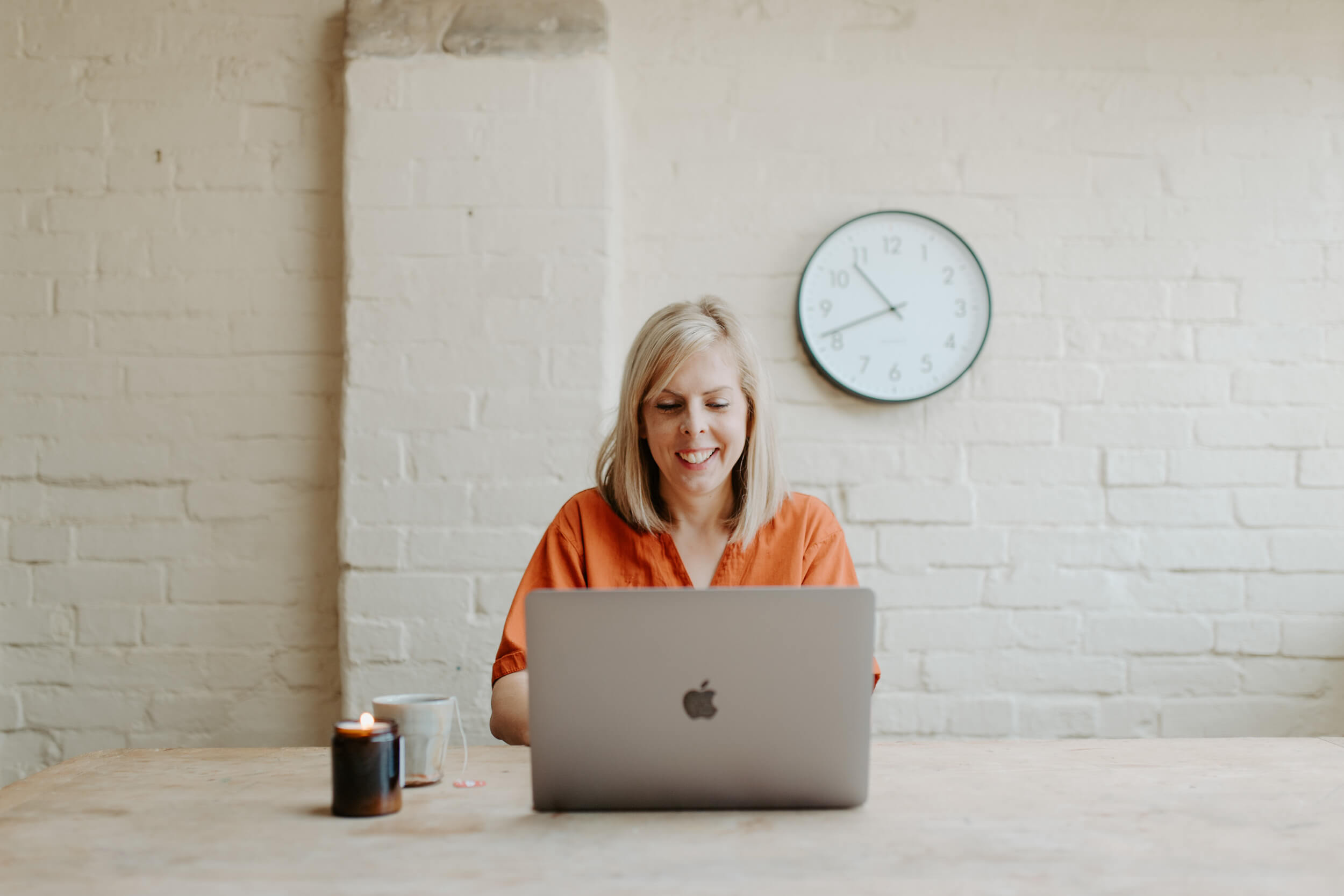
…and the arrival of remote co-working opportunities
Many of us are based in locations without access to in-person co-working, so many female founders are meeting the rising demand for connection by taking co-working online. This year, writer and marketing agency owner Kerry Provenzano started The Lonely Girls WFH Club when a market research call yielded surprising results. She noticed almost all the attendees describing their challenge of loneliness when working from home, so she knew she had to take action.
“After a few years working from home, I really noticed the gap in my social circle when it came to work friends,” says Kerry. “I loved my career – and the lifestyle it granted me – but my day-to-day work life was quiet. That’s when I founded the Lonely Girls Work-from-Home Club, an online membership for women who want to meet their work bestie, get their business questions answered by people who have been there, and get their best work done in less time. Our members are exactly the people I was looking for: fierce, funny businesswomen determined to succeed.”
There have been even more unconventional takes on co-working, as female founders like Sara Tasker find new ways to reach an audience. Sara decided to organise co-working sessions for her Substack community, because she knows the value that connection can bring to a working day.
“We want permission and accountability, a little validation, another nervous system to mirror when we’re unsure,” says Sarah of co-working. “Schools and offices have trained us to work this way since birth, so it’s no wonder it’s difficult to find when we’re home alone. We offer all of these things in our co-working calls; leave our cameras on and share our intentions and then our results at the end. It sounds so deceptively simple but it’s astonishing how well it works.”
We hope this post has you thinking about how you could bring connection and community into your business, if you’ve noticed a gap within your work! Whether it’s building a community of your own as a new way to approach marketing, or creating connection opportunities for others through your work, there are many opportunities out there to put community at the heart of your business.
